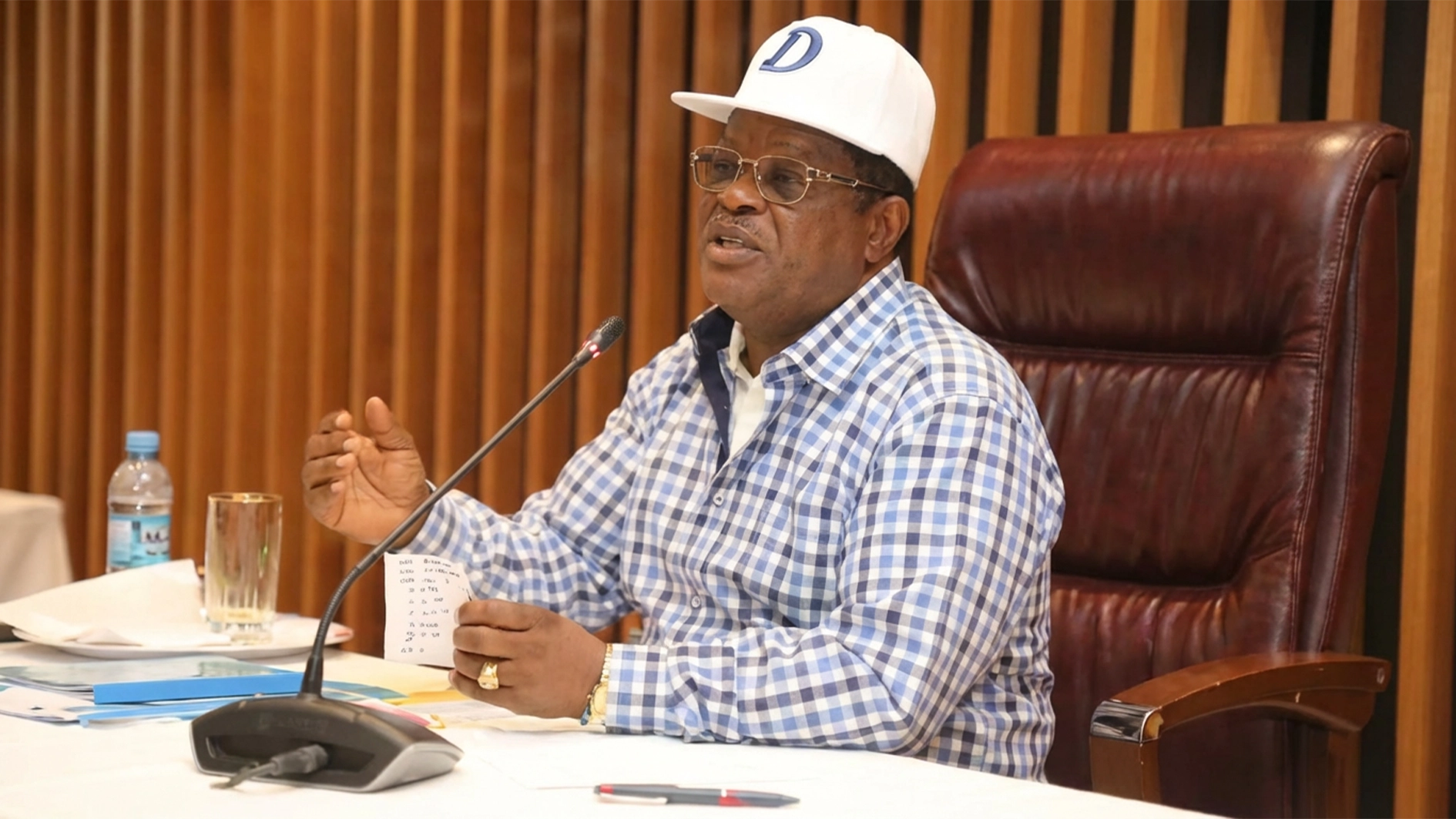The Lagos State Government has announced plans to develop a formal Blue Economy policy that integrates environmental sustainability with economic growth and social inclusion.
The Secretary to the State Government (SSG), ‘Bimbola Salu-Hundeyin, disclosed this on Monday, while welcoming participants of the Senior Executive Course (SEC) 47, 2025, of the National Institute for Policy and Strategic Studies (NIPSS), Kuru, who are on a local study tour themed “Blue Economy and Sustainable Development in Nigeria: Issues, Challenges and Prospects.”
Speaking at the opening ceremony held in Alausa, Salu-Hundeyin described the visit as timely and significant, given Lagos’ ongoing efforts to develop its marine economy and coastal infrastructure.
“Lagos is the heartbeat of Nigeria and the gateway of Africa to the world,” she said.
“We are proud to host you in a city that is not only the largest economy in Nigeria but also the third largest in West Africa and the fifth on the continent.”
She noted that Lagos’ identity as a coastal megacity with over 180 km of coastline places it at the forefront of Nigeria’s Blue Economy aspirations. She also highlighted Governor Babajide Sanwo-Olu’s THEMES+ Agenda, which is driving the harnessing of water-based resources for inclusive and sustainable development.
She said, “The key initiatives under this agenda include the commissioning of the Lekki Deep Sea Port, expansion of ferry services through LASWA, shoreline protection projects in Lekki and Badagry, and the promotion of marine tourism and real estate through developments such as Orange Island and Eko Atlantic City.
“Water transport, through our ‘Omi-Eko’ service, now connects more communities and reduces traffic congestion while supporting our carbon reduction targets.”
Salu-Hundeyin urged participants to examine not only the state’s infrastructure but also its regulatory, funding, and inter-agency collaboration challenges, to help shape practical policy recommendations.
“The blue economy offers immense promise for Nigeria. Your presence and contributions here will help steer its growth in a responsible and equitable direction,” she said, calling for collaboration, knowledge exchange, and national reflection on sustainable resource management.
Earlier, the Acting Director of NIPSS, Nima Sama, said the week-long study tour in Lagos will explore the blue economy as a pathway to Nigeria’s sustainable development and economic diversification.
She explained that the tour is part of the ten-month Senior Executive Course (SEC 47, 2025), which has been tasked by President Bola Tinubu to research critical national issues, with this year’s focus on reducing Nigeria’s overdependence on oil.
Describing Lagos as an indispensable hub of knowledge and innovation, Sama said: “No meaningful study on the blue economy can be complete without Lagos. The state is the cradle of development, rich in both human and marine resources.”
She added that 14 high-ranking participants from diverse professional backgrounds will engage with key institutions and stakeholders in Lagos throughout the tour. Their findings will contribute to a comprehensive report aimed at guiding national policy.
The previous phase of the course included strategic engagements in Abuja and other coastal states. The Lagos tour, she said, is expected to deepen participants’ understanding of marine and coastal development.






